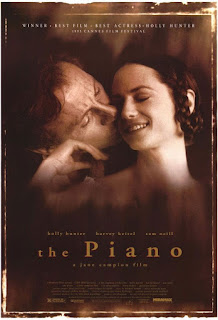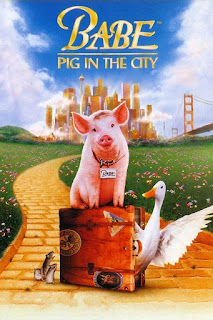October 21st: EL DORADO (Howard Hawks, 1966)
A drunk sheriff calls on old friends to help him settle a violent range dispute.
Howard Hawks is regarded by many critics as the quintessential Hollywood director, responsible for beloved classics in nearly every genre, including crime (Scarface), comedy (Bringing Up Baby, His Girl Friday), western (Rio Bravo), film noir (The Big Sleep), science fiction (The Thing From Another World), and musical (Gentlemen Prefer Blondes). He worked at every major studio and with many of their biggest stars.
Near the end of his career, Hawks chose to travel over well-worn material, producing what was essentially a remake of his big success Rio Bravo (only six years old at this point). While an unrelated novel was adapted, the screenplay by Leigh Brackett (The Big Sleep, The Empire Strikes Back) contained familiar characters and a simple, archetypal plot.
John Wayne (in his fourth film for Hawks) plays a slightly different role than his Rio Bravo counterpart, Robert Mitchum takes over for Dean Martin as the drunken lawman, and the young crooner/gunfighter sees James Caan in place of Ricky Nelson. The film also features Ed Asner and R.G. Armstrong.
El Dorado received positive reviews, and made more money than its predecessor. Hawks would revisit the formula once again for his final film Rio Lobo, with less successful results. His legacy as a artist can be seen in his influence on filmmakers like Quentin Tarantino, John Carpenter, and Robert Altman, as well as the French critics-turned-directors like Jacques Rivette and Jean-Luc Godard who wrote extensively about his work.
Running time is approx. 2 hrs.










Comments
Post a Comment